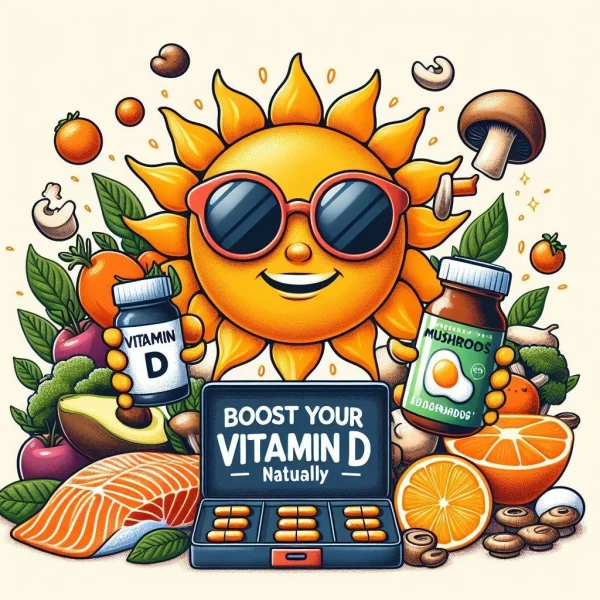A team of researchers at University of Birmingham has discovered that maintaining sufficient levels of vitamin D in the body could help prevent the onset of rheumatoid arthritis and other inflammatory diseases.
The study, published in the Journal of Autoimmunity, found that maintaining levels of vitamin D can reduce inflammation; however, it is less effective in combatting inflammation once the disease is present in the body. This is due to the fact that diseases like rheumatoid arthritis create vitamin D sensitivity in the body.
Researchers studied how blood cells taken from inflamed joints in people with rheumatoid arthritis responded to vitamin D. Results revealed that the vitamin became much less effective once the disease was present in the body, suggesting that rheumatoid arthritis sufferers may need to take more vitamin D to combat inflammation. Vitamin D is often taken in conjunction with other anti-inflammatories, such as steroids. The question of how much, however, still remains.
“How much vitamin D is needed to overcome that [disorder] is the missing piece of the jigsaw,” said Professor Martin Hewison, co-author of the study. “It’s not going to be the same as is needed to prevent rickets.”

What does vitamin D do?
Vitamin D is good for your bones, and is often recommended, along with calcium, in higher doses for people who are at risk for osteoporosis. It’s aso goodyou’re your teeth and muscles, and can even reduce the potential of getting sick or another form of infection. This is because vitamin D also acts as a moderator of your immune system. Specifically, it can repress inflammation, which is why it is recommended for conditions such as rheumatoid arthritis.
Where can I find vitamin D?
Vitamin D is the sunshine vitamin, because your body can absorb it from the sun. However, standing out in the sun isn’t the answer, and always be sure to stay sun safe to avoid other health issues. Luckily, there are several ways that your body can take in vitamin D. Here are a few sources:
- Fatty fish, including tuna, mackerel and salmon
- Foods fortified with vitamin D, including some dairy products, orange juice, soy milk and cereals
- Beef liver
- Cheese
- Egg yolks
Fish is an especially good option because it is high in vitamin D. For example, six ounces of cooked salmon has over 600 international unites (IU) of vitamin D.
Here’s how much vitamin D a healthy adult needs each day:
- Age 1-70: 600 IU
- Age 71+: 800 IU
If you have rheumatoid arthritis and would like more information about vitamin D and how it can help your specific condition, consult with your doctor, who will be able to help guide your nutritional choices.
For more on healthy food choices specific to rheumatoid arthritis, read 3 Food that Fight Rheumatoid Arthritis.




